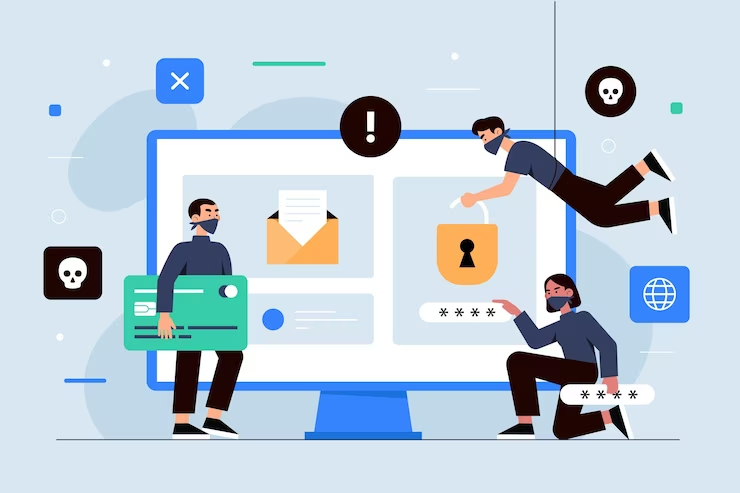Mobility has become a reality for businesses today. Employees are interested in flexibility and are demanding their companies empower them to work from a remote environment. And Enterprise Mobility Management (EMM) solutions are unlocking the potential for enterprises to improve out-of-office productivity while maintaining high levels of security and data protection.

Today, EMM is typically a combination of MDM (mobile device management), MCM (mobile content management), and identity access management. These three technologies address specific concerns but do not independently but don’t provide a holistic solution for problems concerning enterprise mobility. EMM is an inclusive solution that covers all aspects of mobile devices.
5 Important Considerations for Managing Enterprise Mobile Devices
Cost
Mobility can be expensive. Although BYOD policies help companies offset some of the financial costs, infrastructure costs that include technical components, especially an EMM platform, can be expensive. EMM solution providers typically offer enterprises annual plans and are billed per device per month.
Businesses can manage the cost issue by adopting a tiered approach to users or use cases that provide the most value. For instance, companies can first start enrolling BYODs for frontline workers that are constantly traveling.
Business Needs
Consider the organization’s requirements and look at the must-have feature sets of EMM tools to best fit the business needs. An EMM solution typically includes the following set of features:
- Mobile Application Management (MAM): It allows IT administrators to set policies for specific applications instead of the entire device. Teams can deploy and push mission-critical applications on the BYOD and COPE devices virtually either in a single device profile or a group of devices at once.
- Mobile Content Management (MCM): With MCM, only whitelisted apps can access or transmit corporate data. Content management features are usually non-intrusive and documents (or sometimes folders) can be shared, updated, and deleted silently without user intervention.
- Identity and Access Management: This feature controls how, when and where users may access corporate apps and data. It applies an additional layer of security to protect information, including password protection, encryption, and patching.
- Network Management: Administrators can control network access, set data transfer limitations, and Virtual Private Network (VPN) connections for enrolled devices. Devices can also be configured to location-based settings for geofencing.
- Service Management: EMM technology integrates with an organization’s ITSM tool to regularly apply service management policies to mobile devices. It also helps track and control how devices consume services, including data usage and roaming cellular connectivity.
- Device and App Lifecycle Management: This feature offers device lifecycle management features, from device onboarding and provisioning to decommissioning and remote security measures such as remote data wipe.
Support
Once the mobility strategy is formulated and the EMM platform is implemented, support and maintenance are an important part of mobile device management. The EMM software needs to be in sync with the demands of evolving mobile operating systems and devices.
Support includes process management, security, change management, and availability. Organizations do not have to be stuck with a capable EMM product and non-responsive support.
Scalability
As businesses grow, EMM technology should make it easy as the company needs to add more devices. Mobile technology is constantly evolving, so EMM solutions should be flexible to adapt and scale in terms of growth in devices and future business strategy.
Businesses should consider EMM tools that allow the management of mobile devices with a tiered pricing model. So, when businesses start small they can access the features they need and expand as demand for new use cases increases.
Also, look for EMM software products that support multiple operating systems instead of a single OS – Android or Apple – unless companies define the exclusive use of a particular OS.
Security
EMM is crucial for companies to guard their corporate data against online threats and security breaches, especially when employees lose their mobile devices or fall victims to theft.
Security can be achieved through EMM by limiting data to specific employees. Devices can access information by using a virtual private network (VPN) or secure HTTPS connections, and mandatory two-factor authentications (2FA). IT teams can also restrict the ability to download applications or visit websites.
For corporate devices that are exclusively meant for work purposes, businesses can lock down devices into required work apps. With most EMMs, companies can lock down business-specific devices into a single app or multi-app kiosk mode.
Running such dedicated devices secures them from unknown attacks and unauthorized applications, and also reduces employee distractions, saves time, and provides easier access to apps.
Wrapping Up
As more organizations embrace enterprise mobility, software vendors will retrofit existing products by adding MAM or MCM features into their MDM solutions. When considering an enterprise mobility management software, select an option that isn’t only a great product that identifies potential breaches and vulnerabilities but also offers faster onboarding and instant customer support.







Add Comment